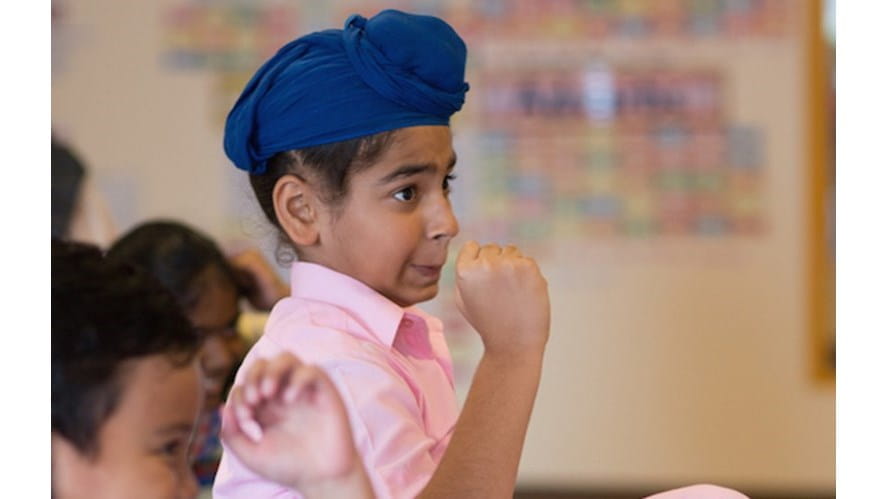We use cookies to improve your online experiences. To learn more and choose your cookies options, please refer to our cookie policy.

As adults, I am sure that we have all had our fair share of success and failure throughout our lives. I have often asked myself the question; how much do I owe my successes to perseverance, or do I just have it?
I can remember very clearly as a child being told by my mother that I was clever and I could be anything. While these words were nurturing and well intentioned, they no less began to form an idea of a fixed sense of my level of intelligence, which I felt was inalterable, regardless of my attitude towards my academic studies. That was, until I discovered the philosophy of Growth Mindset.Growth Mindset is a term first coined by the psychologist Carol Dweck in her book Mindset: The New Psychology of Success, (2006).
Fundamentally, Dweck asserts that there are Fixed Mindsets; the view that intelligence is innate and unchangeable, and Growth Mindsets; where progression in intelligence and ability is complimented by the attitude of the learner. An individual who has a positive attitude towards challenges, and who is undeterred by fear of failure are indicative of an individual who has a Growth Mindset.
At KSM, we encourage and nurture Growth Mindset within our students using a variety of different teaching methods. The simplest way of actively engaging and encouraging a positive attitude within a learner is to adjust the language that you use to praise and encourage them.
For instance, instead of praising children for their intelligence, we compliment them on the amount of hard work and effort they have put into a certain piece of work. This allows the student to gain a real sense of achievement in their efforts, whilst also recognising that hard work and effort are synonymous with success.
Another way we foster Growth Mindset at KSM is through allowing our students to choose the difficulty of their task in independent activities, technically called differentiation by outcome. (You may have heard some students mention the chilli challenge).
My initial reaction to incorporating this into my practice was that most of my students would opt for the easiest option. How pleasantly surprised I was when all of my students wanted to try the hardest task! The great thing about differentiation by outcome is that even when a task may be slightly too hard, the student is able to independently adjust to a difficulty level which is suitable for their ability level. And most importantly, this gets rid of any negative feelings surrounding failure, as it was the students own choice to try the more challenging task.
The positive impact Growth Mindset has had upon my practice has been incredible. My students are keen, reflective, and they are well aware of the hard work they have put in to get to where they are now.
Furthermore, I know that these are attitudes they will carry with them into adulthood, enabling them to persevere and face challenges with an optimistic and positive outlook.I would encourage you, as parents and carers, to actively encourage these attitudes at home.
Dare to dream big. No matter what your ability is, effort is what ignites that ability and turns it into accomplishment.
Written by John Potts, Year 3 Teacher and KSM Growth Mindset Coordinator